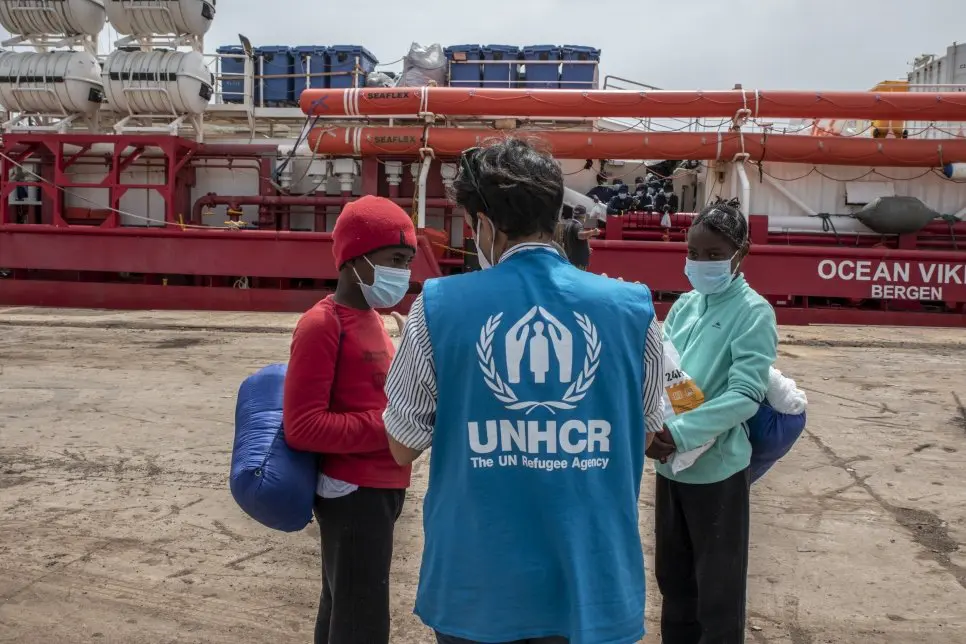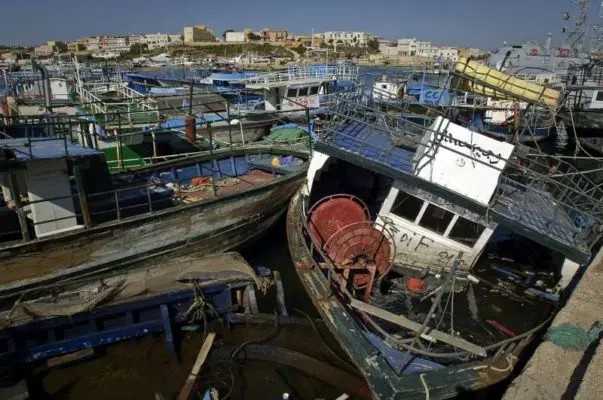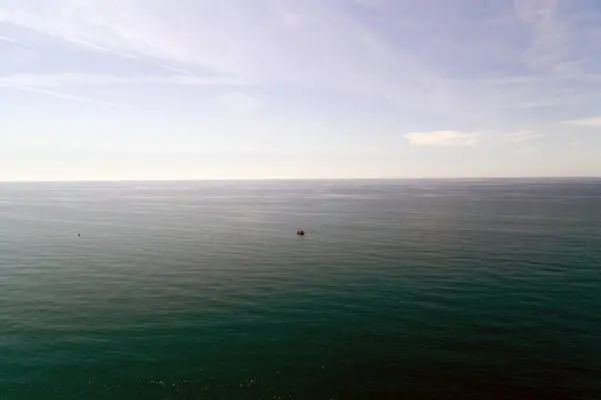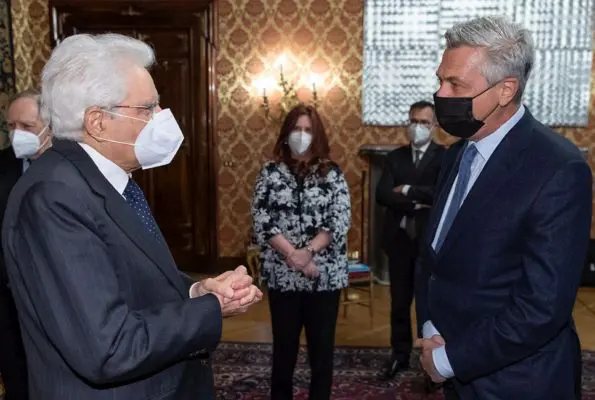
UNHCR staff meet refugees and migrants disembarking in the port of Augusta, Sicily, on 1 May 2021. © UNHCR/Alessio Mamo
This is a summary of what was said by UNHCR spokesperson Carlotta Sami – to whom quoted text may be attributed – who joined the Palais press briefing from the port of Trapani in Sicily where some 450 persons were disembarking following rescue by the NGO vessel Sea Watch.
“I’m calling from the port of Trapani in Sicily. As I speak, over 450 persons are disembarking following rescue by the NGO vessel Sea Watch, among them around 180 are children.
Since the early hours of Saturday 1 May, some 1,500 persons have disembarked in Italy following rescue by the Italian Coast Guard and Custom police or by international NGOs in the Central Mediterranean. Most of the arrivals departed from Libya onboard flimsy, unseaworthy vessels and made repeated distress calls.
UNHCR has been present at disembarkations. We have noticed a high presence of children, many of whom are unaccompanied. The majority of arrivals originate from Mali and the Sahel/West Africa, Eritrea and North Africa. The reasons behind these movements are complex. Many are fleeing from war and conflicts, like in the Sahel where indiscriminate attacks constantly lead to death and forced displacement. Many are fleeing persecution and being trafficked and sold like commodities.
However, movements towards Europe represent only the “tip of the iceberg”. The majority remain close to home with over 5.4 million refugees and internally displaced people in the Sahel countries. According to UNHCR’s global statistics, 80 per cent of people who flee stay within their region of origin.
While total arrivals to Europe have been decreasing since 2015, the latest disembarkations bring the number of sea arrivals to Italy in 2021 to over 10,400. This is more than a 170 per cent increase compared to the same period in 2020. UNHCR is also deeply concerned about the death toll: so far in 2021 at least 500 persons are known to have lost their life trying to make the dangerous sea crossing along the Central Mediterranean route, compared to 150 in the same period in 2020, an increase of more than 200 per cent. This tragic loss of life underscores once again the need to reestablish a system for search and rescue operations in the Central Mediterranean coordinated by States.
UNHCR commends Italy for keeping its ports open during the pandemic. Solidarity from other EU member states however is urgently needed, as the deteriorating situation in Libya will continue to force people to resort to desperate measures to seek safety. UNHCR is working with partners and the government of Italy at disembarkation points to support the identification of vulnerabilities among those who have arrived and to support the reception system for asylum-seekers. This is a key priority as far too many of those attempting to reach Europe have endured unspeakable violence and abuse along their journey. Testimonies we gathered in the past few days, including from children, speak of imprisonment and brutalities inflicted with no respect for human life, while survivors often show severe mental health problems as a result of the traumas they have faced.
As these people are brought to safety in Italy, we urge the international community to step up its efforts to strengthen the protection of persons travelling along this route and to provide safe alternatives to these dangerous and desperate journeys. Legal pathways such as humanitarian corridors, evacuations, resettlement and family reunification must be expanded. For persons who are not in need of international protection, solutions must be found with respect for their dignity and human rights.”
For more information on this topic, please contact:
- In Trapani, Italy, Carlotta Sami, sami@unhcr.org, +39 335 679 4746
Originally published by UNHCR on 4 May 2021.





